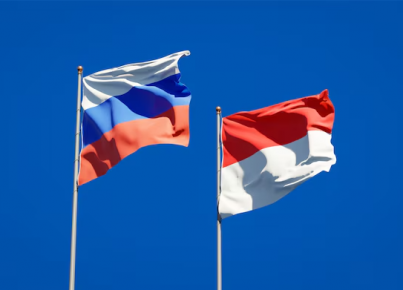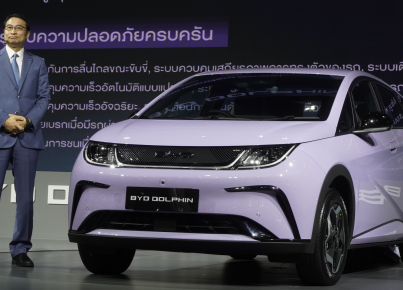From the beginning of the pandemic until the first half of 2021, 21 million new digital consumers have been added in Indonesia. Hence the boom in startups and unicorns
By Chiara Suprani
Indonesia, along with Vietnam and Singapore, is considered a tip of the golden triangle of startups in Southeast Asia. It is the birthplace of 13 unicorn startups, including a decacorn, 10 billion startup created when super-app Gojek merged with e-commerce giant Tokopedia. Gojek's multiservice platform became unicorn faster than Bukalapak or Tokopedia, and now operates in five ASEAN countries. Indonesia, the most populous country with the largest economy in the region, seems to have a special attractiveness and fertile ground for digital and tech growth. From the beginning of the pandemic until the first half of 2021, 21 million new digital consumers have been added in Indonesia, most of them from the hinterland. In fact, before the first wave of Covid-19 only 4 percent of Indonesia's population had access to stable internet lines. Now even outlying regions, thanks in part to the push from Jakarta, are more covered and the country has 350 million digital users. Last year, the gross merchandise value of the country's digital economy stood at US$70 billion, while the total value of the region was US$170 billion. Indonesia's interest in the growth of the digital and tech sector is given by reforms that fit well into the national context. This is evidenced, for example, by the rush of Bukalapak, a tech company backed by Microsoft and Ant Group, which has been propelled by the inclusion of 3.5 million warungs, family-run stalls, among its as yet untapped pool of businesses to go online. But the country sees a chance to expand its domestic market by opening up to foreigners: international digital nomad workers will be able to work in the country without paying taxes. The five-year visa granted by Joko Widodo's government aims to attract 3.6 million foreigners with digital work permits to the archipelago.






